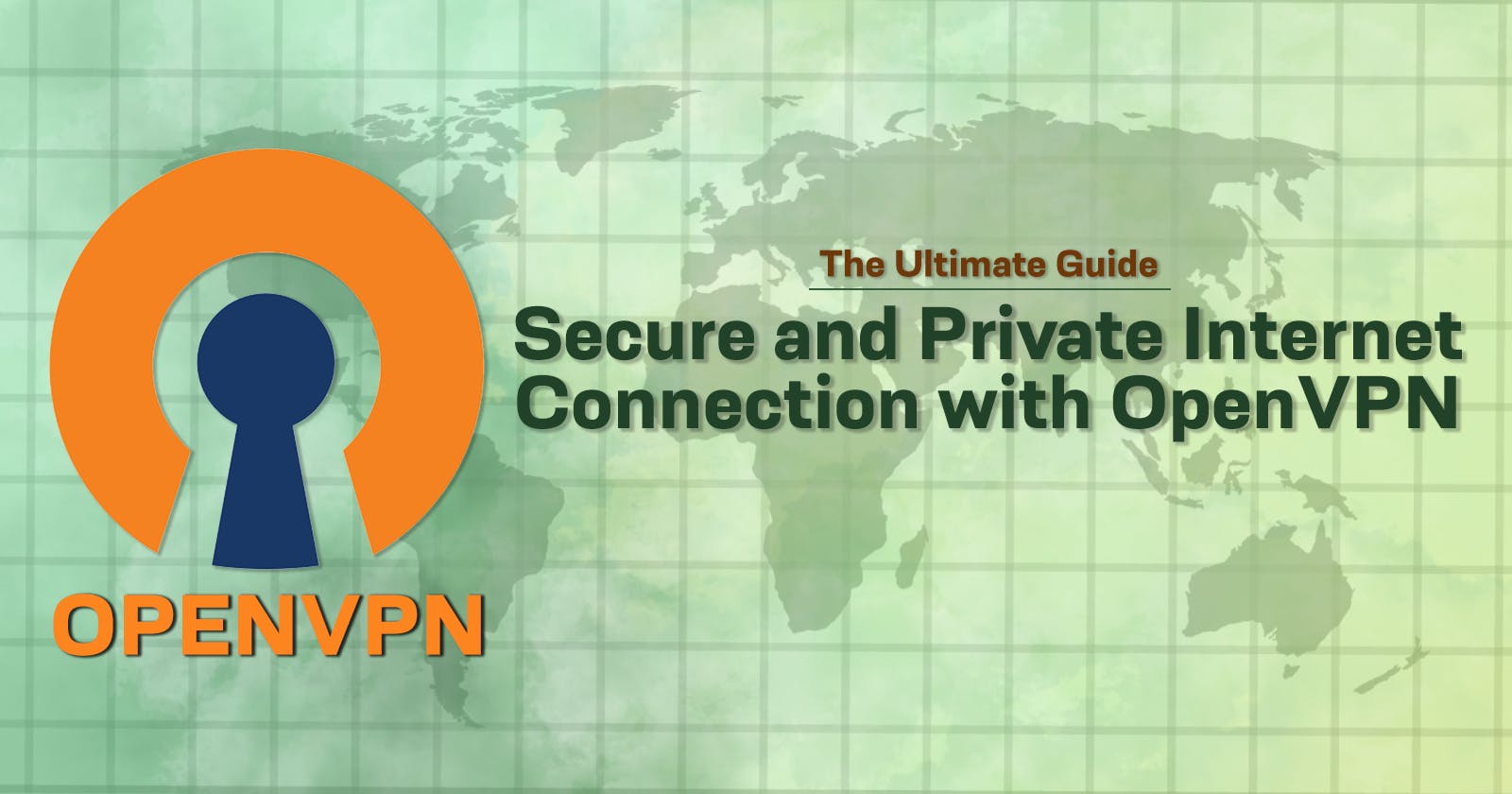In today's digital age, internet privacy and security have become a major concern. As more and more of our personal and sensitive information is transmitted over the internet, we need to ensure that our online activities are protected from prying eyes. This is where Virtual Private Networks (VPNs) come into play, with OpenVPN being one of the most popular and reliable VPN protocols available. In this article, we will discuss the use of OpenVPN and why it is a preferred choice for secure and private internet connections.
What is OpenVPN?
OpenVPN is a free and open-source VPN protocol that uses SSL/TLS encryption to provide secure internet connections. It was developed in 2001 by James Yonan and has since become one of the most widely used VPN protocols.
OpenVPN is compatible with various operating systems, including Windows, macOS, Linux, iOS, and Android. It supports both TCP and UDP protocols, making it flexible and adaptable to different network configurations.
How does OpenVPN work?
OpenVPN uses SSL/TLS encryption to secure the internet connection between your device and the VPN server. When you connect to a VPN server using OpenVPN, your internet traffic is routed through an encrypted tunnel. This means that anyone trying to intercept your internet traffic will only see encrypted data, making it virtually impossible to read or decipher.
OpenVPN uses digital certificates to authenticate devices and servers, ensuring that only authorized devices can access the VPN network. This makes it a highly secure VPN protocol, making it an excellent choice for individuals, businesses, and organizations.
Why use OpenVPN?
There are several reasons why you should consider using OpenVPN for your internet connection. Some of these reasons include:
1. Secure Internet Connection
OpenVPN uses strong encryption to secure your internet connection, making it virtually impossible for anyone to intercept or monitor your internet traffic. This is especially important when using public Wi-Fi networks or when accessing sensitive information online.
2. Privacy Protection
OpenVPN provides privacy protection by masking your IP address and location. This means that your online activities cannot be traced back to your device or location, ensuring your privacy and anonymity.
3. Access to Geo-Restricted Content
OpenVPN allows you to bypass geo-restrictions and access content that may be restricted in your country. This is useful when traveling abroad or when trying to access content that may be censored or blocked in your country.
4. Multiple Devices Support
OpenVPN supports multiple devices, making it possible to secure internet connections on all your devices, including smartphones, laptops, and tablets.
5. Cost-Effective
OpenVPN is a cost-effective VPN solution, as it is free and open-source. This means that businesses and individuals can save money on VPN services by using OpenVPN instead of paid VPN solutions.
How to use OpenVPN?
Using OpenVPN is easy, and you can set it up on your device by following these steps:
Download and install the OpenVPN client software on your device.
Download the OpenVPN configuration files from your VPN provider.
Import the configuration files into the OpenVPN client software.
Connect to the VPN server by selecting the server location and clicking on the Connect button.
Once connected, your internet traffic will be encrypted and routed through the VPN server.
Conclusion
In conclusion, OpenVPN is a reliable and secure VPN protocol that provides a range of benefits, including privacy protection, secure internet connections, access to geo-restricted content, and cost-effectiveness. With the increasing need for internet privacy and security, using OpenVPN can provide a safe and secure online experience.

